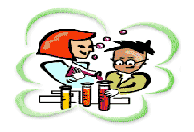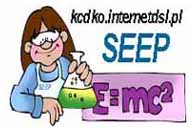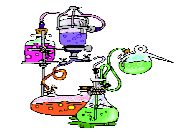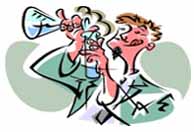PROJECT
The reason for Launching one European network for promoting European co-operation and innovation in science education at secondary level in Europe lies on the perception that there are important challenges and target groups needs, related to science education, training and guidance systems, that should be addressed on a cooperative approach.
Besides addressing the European global challenge of foster interchange, cooperation and mobility between the concerned systems within the EU so that they become a world quality reference, the European network will face other big challenges: New trends and dynamics of science work in Europe and need to connect it to science education and guidance; Improving science teachers and school managers competences; Preparing future scientists and European citizens; Increasing the production and access of information and innovative solutions for science education; Bringing innovation to science education and school management in Europe; and making science education in Europe more attractive
SEEP will simultaneously promote and facilitate the transfer and exchange of existent innovative approaches in science education fields among Platform members and the joint development of new European science education solutions like: European research findings (several reports and 4 publications), the “European Resources Generator” (innovative electronic interactive tool to support and innovate the teaching of science subjects and science guidance activities), and interactive audiovisual science products for science events and education purposes.
Other expected deliverables include: 6 European coordination and cooperation meetings; the dynamic multilingual SEEP Web-portal; SEEP web-tools and methodologies to support information exchange and dissemination; 3 annual reports on the state of innovation in science education at secondary level in European context; 4 European thematic Training Sessions; 8 European Discussion Forums (virtual conferences); Discussion Forums outputs (5 exchange electronic products, 1 position paper and training support materials); The European Science Youth Day, Public event and respective outcomes (science products and experiments); Permanent European Science Exhibitions in schools; 3 Annual European workshops; Science education policies and recommendations (discussion paper); the Final Seminar; one detailed Valorisation Plan; Media campaigns, SEEP Newsletter, etc.
The action will directly benefit secondary science teachers, students guidance officers, trainers, school managers (direct target groups) and science students (direct beneficiaries) in Europe wide, offering them the opportunity of: European joint work, learning and exchanging opportunities, skills and competences development, access to information and innovative solutions, developing new European projects, improving science education, training and guidance quality, strengthening the European dimension and bringing innovation to science education and school management.
Furthermore, the European network will have other positive impacts on target groups: Direct target groups are expected to become more proactive and opened to innovation and cooperation and science students will be better informed about science trends, studying science options and professional possibilities.
SEEP will also contribute to increase interchange, cooperation and mobility between science education, guidance and training systems in Europe, to strength linkages between science work, science education and careers guidance, and to make science education in Europe more creative, attractive and innovative.
Finally, Blended learning and Foresight approaches linked to science education will be implemented and disseminated in Europe. Innovative approaches and solutions in science education field will be adapted, developed and disseminated in Europe wide and implemented in science education and school management in Europe.






